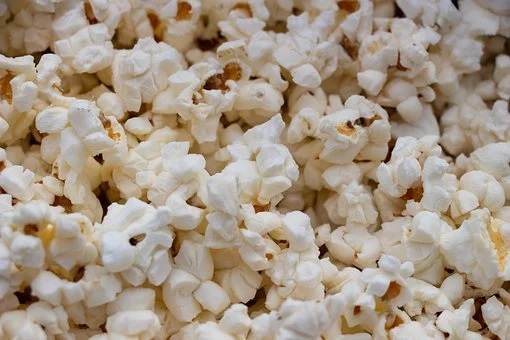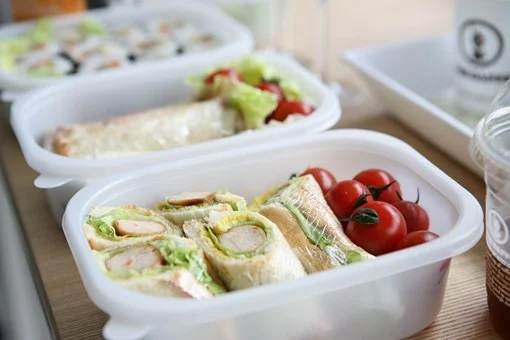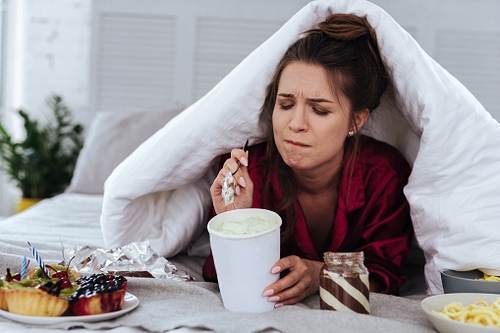Eating Healthy is a great way in fighting stress. Stress is one of those negative factors that is difficult to manage. Prolong, unresolved stress threatens the health of our body. Even though it is part of living, we should seek to control stress before it goes out of hand and damages our life. One way we can do this is by taking charge of what we eat. Our mind and body are directly connected, namely through the hypothalamus. Therefore, many experts agree that a healthy (conscious) diet can help boast our immune system, helps us recover from illnesses faster, and minimize the body’s arousal to stress.
Fighting Stress by Eating Healthy
The following are recommendations for fighting stress by eating healthy:
1. Don’t skip meals and evenly space meals throughout the day.
The body needs to refuel throughout the day to help it maintain a good metabolism, or blood and sugar levels. The body does not function properly when we skip meals. We are more likely to experience fatigue, depression, and lack attention. As a result we may make poor decisions and exacerbate our stress levels. Eat a diet that provides adequate amounts of minerals and vitamins.
Certain micro-nutrients such a vitamin B-complex and vitamin C have been known to be stress fighting. These water soluble vitamins (except B12) cannot be stored in the human body. That is why a regular intake is necessary. The best sources of these vitamins are breakfast cereals, whole-wheat bread, lean meat, chicken, eggs, liver, milk and milk products, seafood, fruits, legumes and green leafy vegetables.
2. Eat a well-balanced diet.
A well balanced diet ensure top physical performance in daily life. The U.S. DRI suggest a well-balanced diet has the following combination: carbohydrates (55-70%), fats (20-30%) and proteins (15-20%). A diet high in carbohydrates, for instance, can spike up glucose levels which ultimately fall drastically, causing fatigue and discomfort.
3. Avoid or minimize the consumption of caffeine and sugar.
Caffeine can cause headaches, irritability, or nervousness in most people. It does not help in relaxation, and it seems to only offer temporary “high’s” before the fatigue sets in. Avoid the “sweet drinks” and “sodas”. Caffeine-free herbal teas are good for rehydration and are an excellent source of needed vitamins and minerals. A good example is chamomile tea which can offer a calming effect.

3. Do have a snack if you crave one.
The best snacks are those that are rich in protein. So seek these out. Some of these snacks may be easy to prepare in advance, such as peanut butter on apple slices and homemade bran muffins made with milk and eggs, or they may be cereal bars (with milk) or nonfat yogurt with granola that can be kept in the car, at work in your desk, or, if you are a student, in you backpack.

4. Bring your lunch.
The stress of buying meals daily can be avoided if you prepare your own meals. Although, fast food is convenient, you can save a lot more money by preparing your own meals. However, this will require you to plan your meals in advance so you would not have the stress of deciding what to eat.

By making a conscious effort to eat healthy may take some time from your regular time to plan your meals, but the rewards is greater in the long-term. A healthy diet means a better immune system and faster recovery from illnesses. In the long-term it could mean the avoidance of illnesses that usually place much stress on you physically and financially.
Don’t forget to leave your comment on “Fighting Stress by Eating Healthy” in the comment box below.
You may also like:



